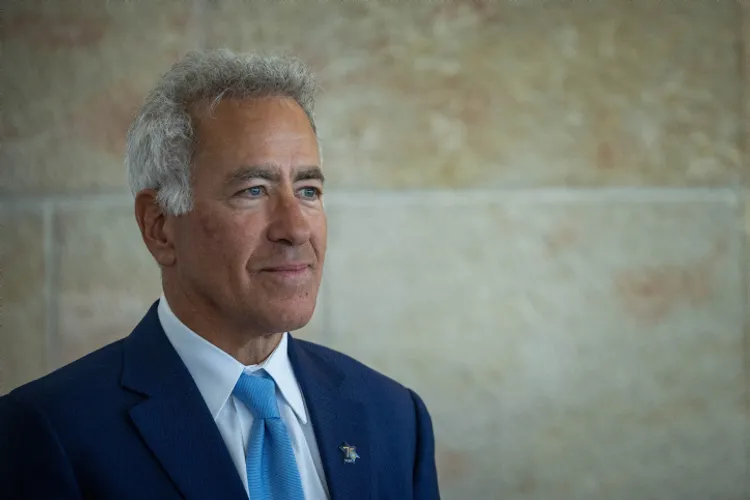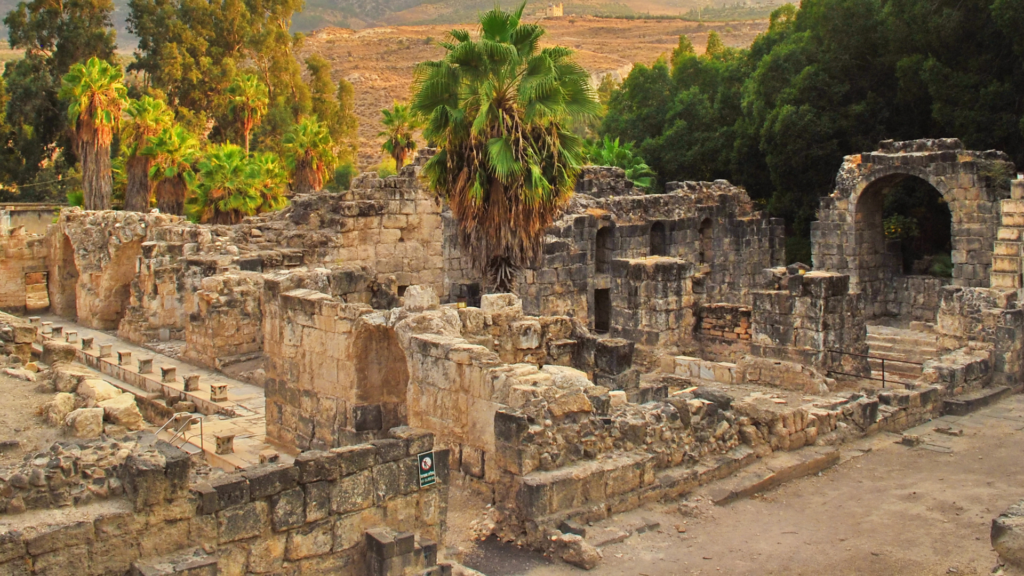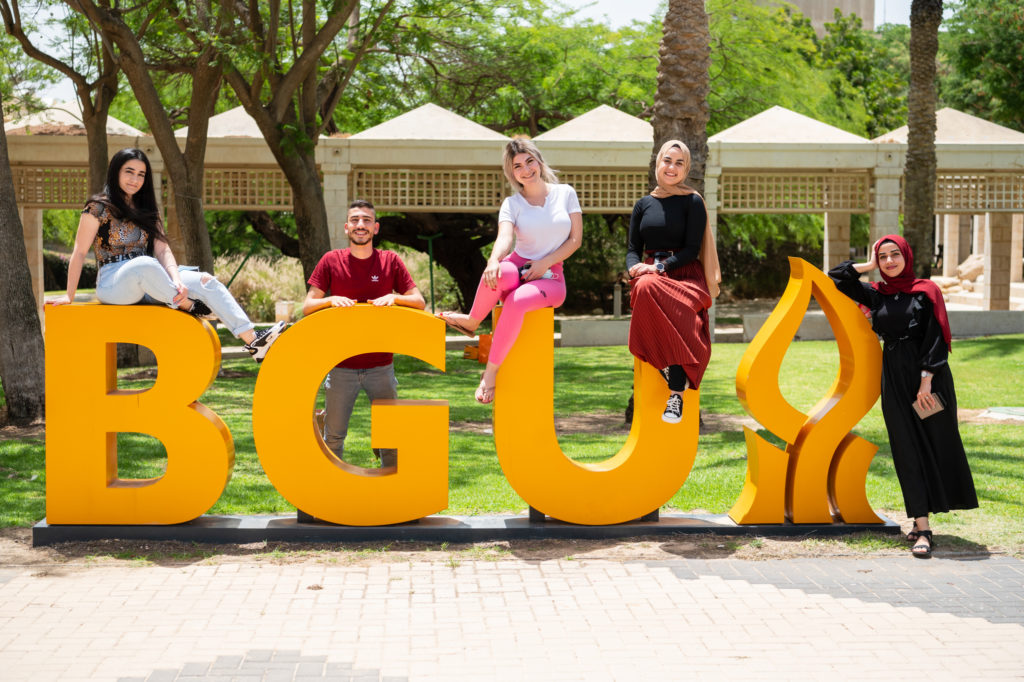
Oxytocin, the “Love” Hormone, Promotes Group Lying
Oxytocin, the “Love” Hormone, Promotes Group Lying
April 2, 2014
Press Releases, Social Sciences & Humanities
Findings Highlight Why Collaboration Turns Into Corruption
BEER-SHEVA, Israel, April 2, 2014 – According to a new study by researchers at Ben-Gurion University of the Negev (BGU) and the University of Amsterdam, oxytocin caused participants to lie more to benefit their groups, and to do so more quickly and without expectation of reciprocal dishonesty from their group.
Oxytocin is a hormone the body naturally produces to stimulate bonding. The research was published this week in the Proceedings of the National Academy of Science (PNAS).
“Our results suggest people are willing to bend ethical rules to help the people close to us, like our team or family,” says Dr. Shaul Shalvi of Ben-Gurion University of the Negev’s Department of Psychology and director of BGU’s Center for Decision Making and Economic Psychology.
“This raises an interesting, although perhaps more philosophical, question: Are all lies immoral?”
Dr. Shalvi’s research focuses on ethical decision-making and the justifications people use to do wrong and still feel moral. Specifically, he looks at what determines how much people lie and which settings increase people’s honesty. Very little is known about the biological foundations of immoral behavior.
“Together, these findings fit a functional perspective on morality revealing dishonesty to be plastic and rooted in evolved neurobiological circuitries, and align with work showing that oxytocin shifts the decision-maker’s focus from self to group interests,” Shalvi says.
“The results highlight the role of bonding and cooperation in shaping dishonesty, providing insight into when and why collaboration turns into corruption.”
Oxytocin is a peptide of nine amino acids produced in the brain’s hypothalamus, functioning as both a hormone and neurotransmitter. Research has shown that in addition to its bonding effect in couples and between mothers and babies, it also stimulates one’s social approach.
Higher levels of oxytocin correlate with greater empathy, lower social anxiety and more pro-social choice in anonymous games; reduction in fear response; and greater trust in interpersonal exchange. It also stimulates defense-related aggression.
In the experiment designed by Shalvi and fellow researcher Carsten K. W. De Dreu of the University of Amsterdam’s Department of Psychology, 60 male participants received an intranasal dose of either oxytocin or placebo. They were then split into teams of three and asked to predict the results of 10 coin tosses.
Participants were asked to toss the coin, see the outcome and report whether their prediction was correct. They knew that for each correct prediction, they could lie and earn more money to split between their group members, who were engaging in the same task.
“The statistical probability of someone correctly guessing the results of nine or 10 coin tosses is about one percent,” says Shalvi. “Yet, 53 percent of those who were given oxytocin claimed to have correctly predicted that many coin tosses, which is extremely unlikely.”
Only 23 percent of the participants who received the placebo reported the same results, reflecting a high likelihood that they were also lying, but to a lesser extent compared to those receiving oxytocin.
ABOUT AMERICANS FOR BEN-GURION UNIVERSITY
By supporting a world-class academic institution that not only nurtures the Negev, but also shares its expertise locally and globally, Americans for Ben-Gurion University engages a community of Americans who are committed to improving the world. David Ben-Gurion envisioned that Israel’s future would be forged in the Negev. The cutting-edge research carried out at Ben-Gurion University drives that vision by sustaining a desert Silicon Valley, with the “Stanford of the Negev” at its center. The Americans for Ben-Gurion University movement supports a 21st century unifying vision for Israel by rallying around BGU’s remarkable work and role as an apolitical beacon of light in the Negev desert.
About Ben-Gurion University of the Negev
Ben-Gurion University of the Negev embraces the endless potential we have as individuals and as a commonality to adapt and to thrive in changing environments. Inspired by our location in the desert, we aim to discover, to create, and to develop solutions to dynamic challenges, to pose questions that have yet to be asked, and to push beyond the boundaries of the commonly accepted and possible.
We are proud to be a central force for inclusion, diversity and innovation in Israel, and we strive to extend the Negev’s potential and our entrepreneurial spirit throughout the world. For example, the multi-disciplinary School for Sustainability and Climate Change at BGU leverages over 50 years of expertise on living and thriving in the desert into scalable solutions for people everywhere.
BGU at a glance:
20,000 students | 800 senior faculty | 3 campuses | 6 faculties: humanities & social sciences, health sciences, engineering sciences, natural sciences, business & management, and desert research.
For all press inquiries, please contact:
James Fattal, J Cubed Communications
516.289.1496



